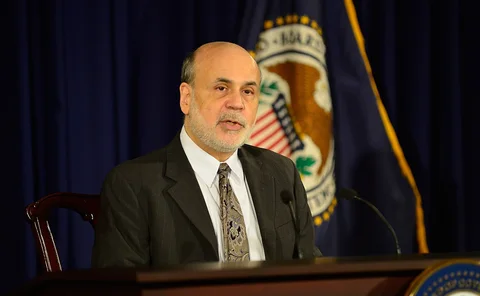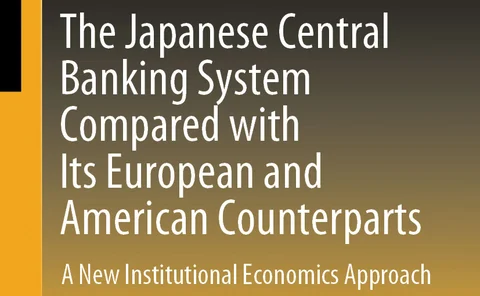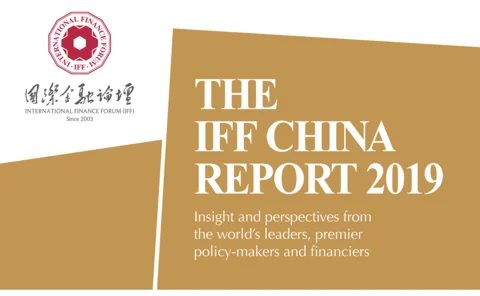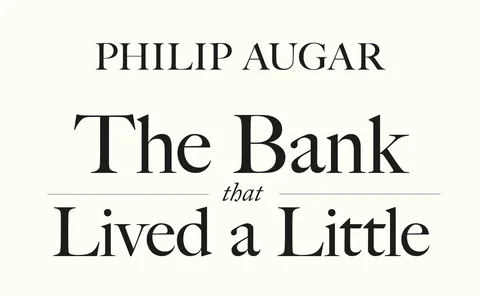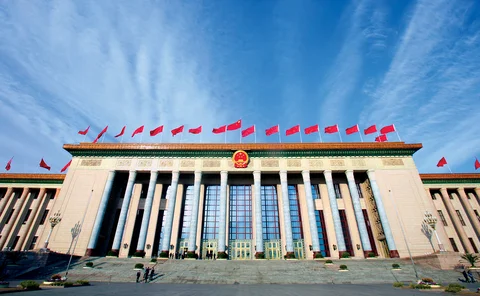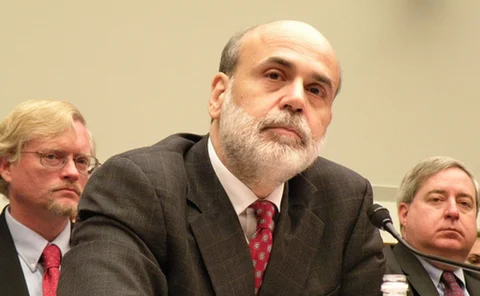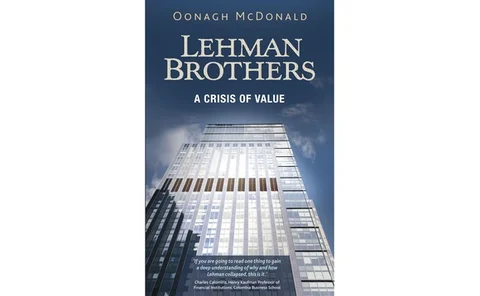Lehman Brothers
Central banks need to step up their crisis management plans
Patrick Honohan argues that robust preparation can better protect reputations in the event of a crisis
Rethinking regulation of the modern financial system
Bank of Italy’s Maurizio Trapanese writes that rules need to address uncertainty as well as measurable risks, entity types as well as activities, and should not be overly complex
Regulating big tech and non-bank financial services in the digital era
Big tech incursions into financial services in China and elsewhere demonstrate the potential benefits of adopting a digital-bank or holding-company approach to financial regulation
US banks increase discount window borrowing
Federal Reserve “encouraged by the notable increase” in use of the backstop facility
Book notes: The power of money, by Robert Pringle
Economists would benefit from reading this “remarkable” book, which contains “brilliantly written snapshots” about money’s historical and social roles
Book notes: The Japanese central banking system compared with its European and American counterparts, by Yoshiharu Oritani
The book has “no equal” in reviewing new microeconomic theory for central banking
IMF’s Adrian on the big tech threat and why a ‘non-system’ works
The IMF’s financial counsellor speaks about risks from big tech’s move into fintech, the fund’s efforts to craft well-targeted policy guidance and why the current international monetary ‘non-system’ works
The IFF China Report 2019
Insight and perspectives from the world's leaders, premier policy-makers and financiers
The IFF China Report 2019: New globalisation – The path to the future
Multilateral rules and multilateral bodies will need to be upgraded in the coming years to better represent the shift in economic gravity towards Asia, which has emerged as the largest contributor to global growth during the past decade.
Book notes: The Fed and Lehman Brothers, by Laurence Ball
Ball claims the Fed could have lent to Lehmans, lawfully and prudently, had it chosen to do so, writes Reddell. But agreeing the Fed could have provided liquidity support does not automatically imply it should have
Book notes: The bank that lived a little, by Philip Augar
History of British commercial bank Barclays fails to address key questions, writes Michael Taylor
A stressful week: saving the UK banking sector
One frenetic week in 2008 led to the formation of the UK’s modern stress-testing approach
China’s macroeconomy in the ‘new era’ of politics and power
Lou Jiwei, president of the National Council for Social Security Fund and former minister of finance of China, explores the three key aspects of China’s macroeconomic situation in the ‘new era’ of Chinese politics and power
High-frequency data helps capture ‘psychological subtlety’ – BoJ paper
Study of “tick-by-tick” data finds markets have become more sensitive to the central bank’s policy announcements
Ireland withdraws Lane’s nomination for ECB vice president
Spain’s de Guindos likely to take up role, but Irish may suggest Lane for the chief economist post
Spain’s de Guindos moves closer to ECB vice-presidency
Spain enjoys good relations with Germany, and lacks a top position in the EU
Bernanke, Geithner and Paulson to conduct forensic analysis of 2008 crisis
Protagonists of US crisis response to lead research into detailed design choices behind the main measures taken
Book notes: Lehman Brothers: a crisis of value, by Oonagh McDonald
McDonald's book offers a useful synopsis of the multiple failings at Lehman Brothers running up to 2008, but ultimately fails to add significantly to what was already known
Hellwig and Wolf question efficacy of financial reforms
Martin Hellwig and Martin Wolf discuss flaws in financial reforms aimed at breaking the sovereign-bank linkage in book on country and political risk
FDIC’s Thomas Hoenig on bank separation, safety nets and Basel III
Hoenig tells Christopher Jeffery that Basel III is flawed, universal banks require legal separation, financial safety nets need cutting and monetary policy should move to non-zero interest rates
UK gears up to new era of prudential regulation
The UK will adopt ‘twin peaks’ supervision in April in a bid to restore integrity to its financial system. Chris Jeffery talks to the Bank of England’s Sarah Breeden about the challenges ahead



